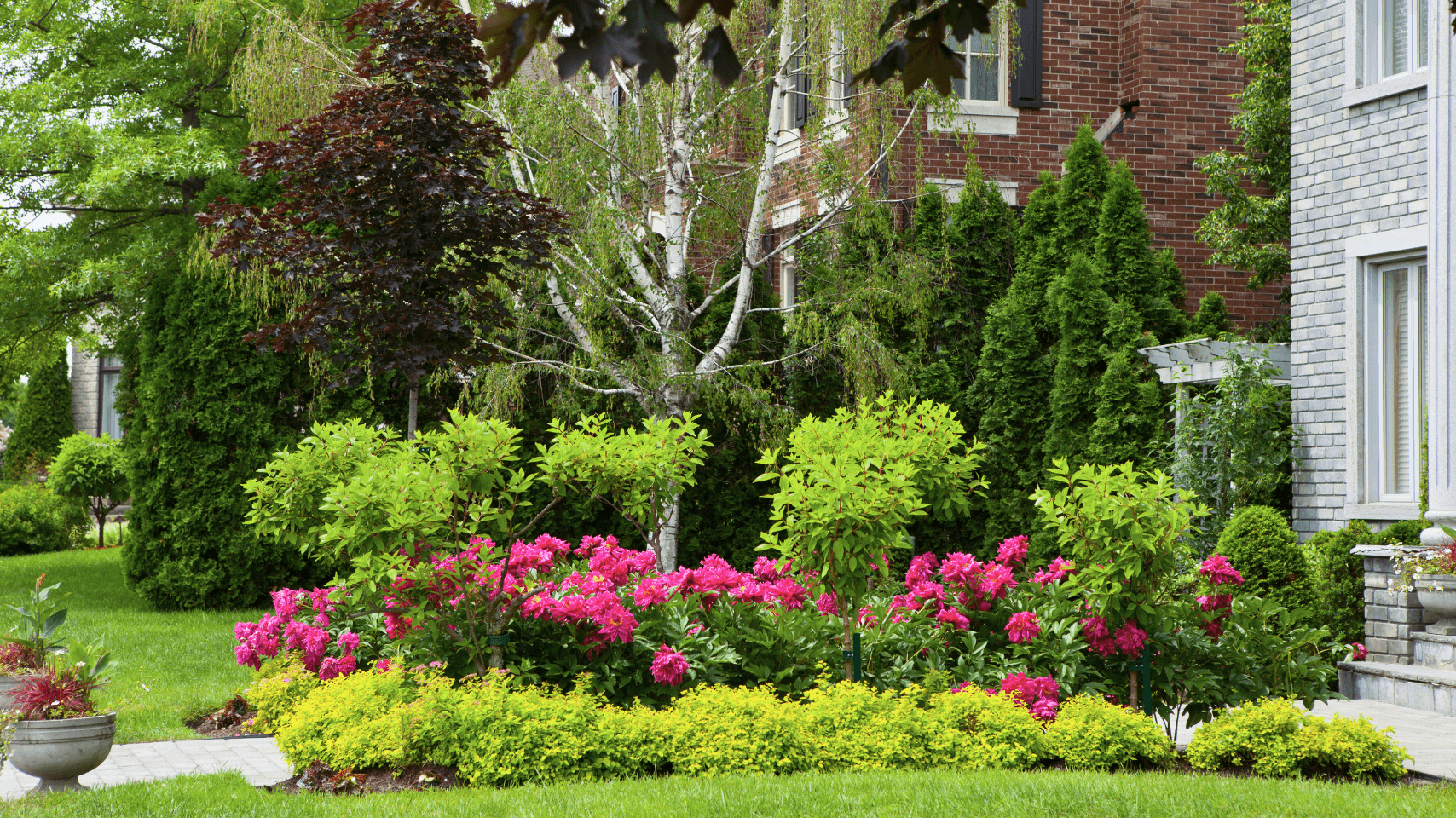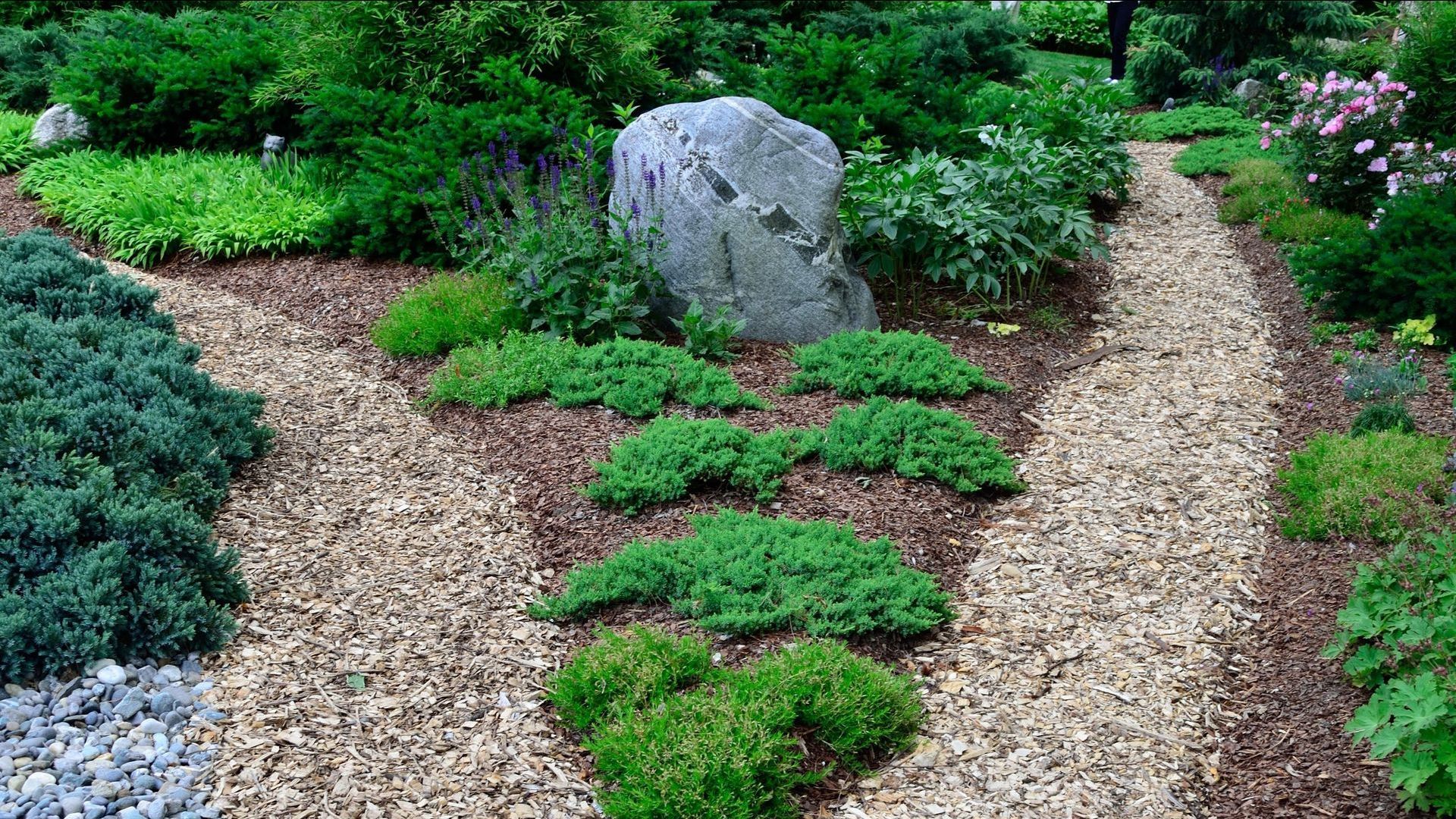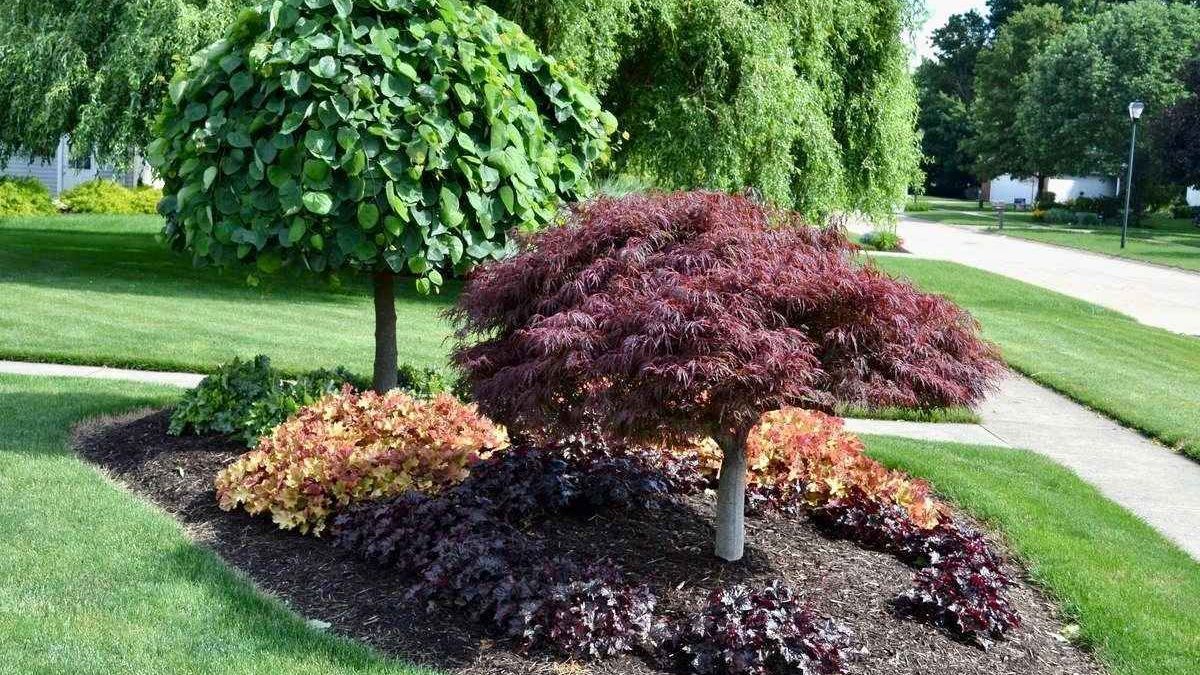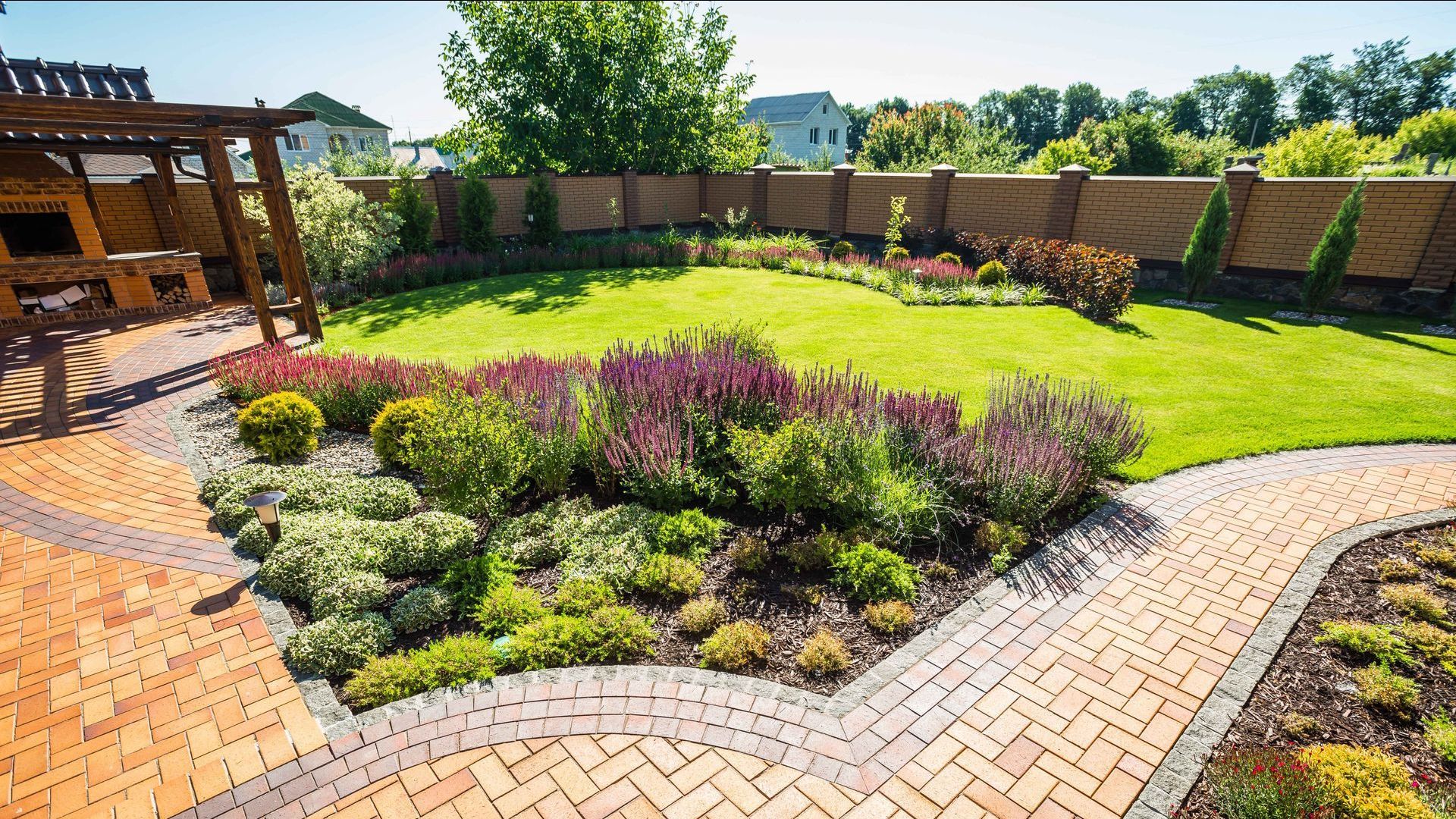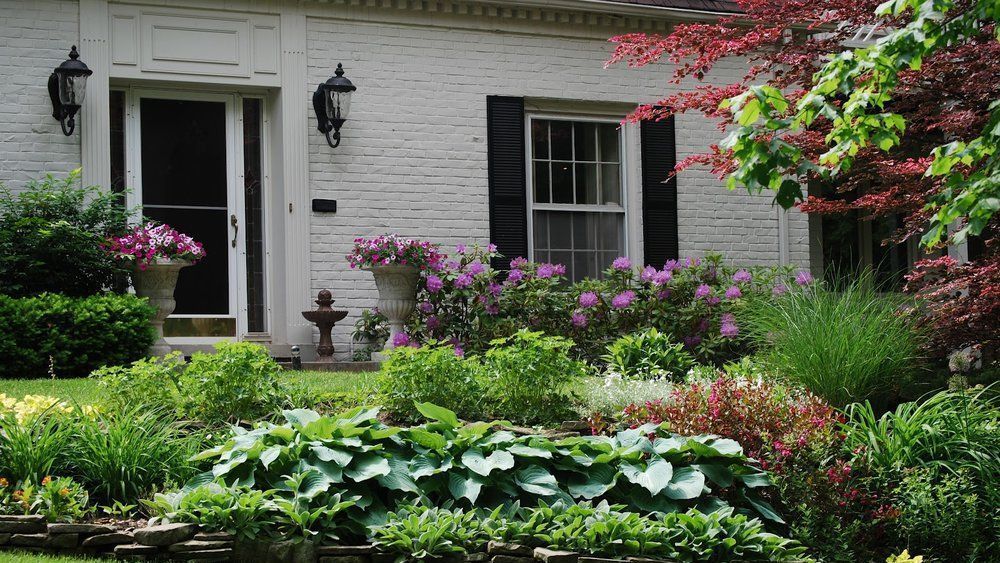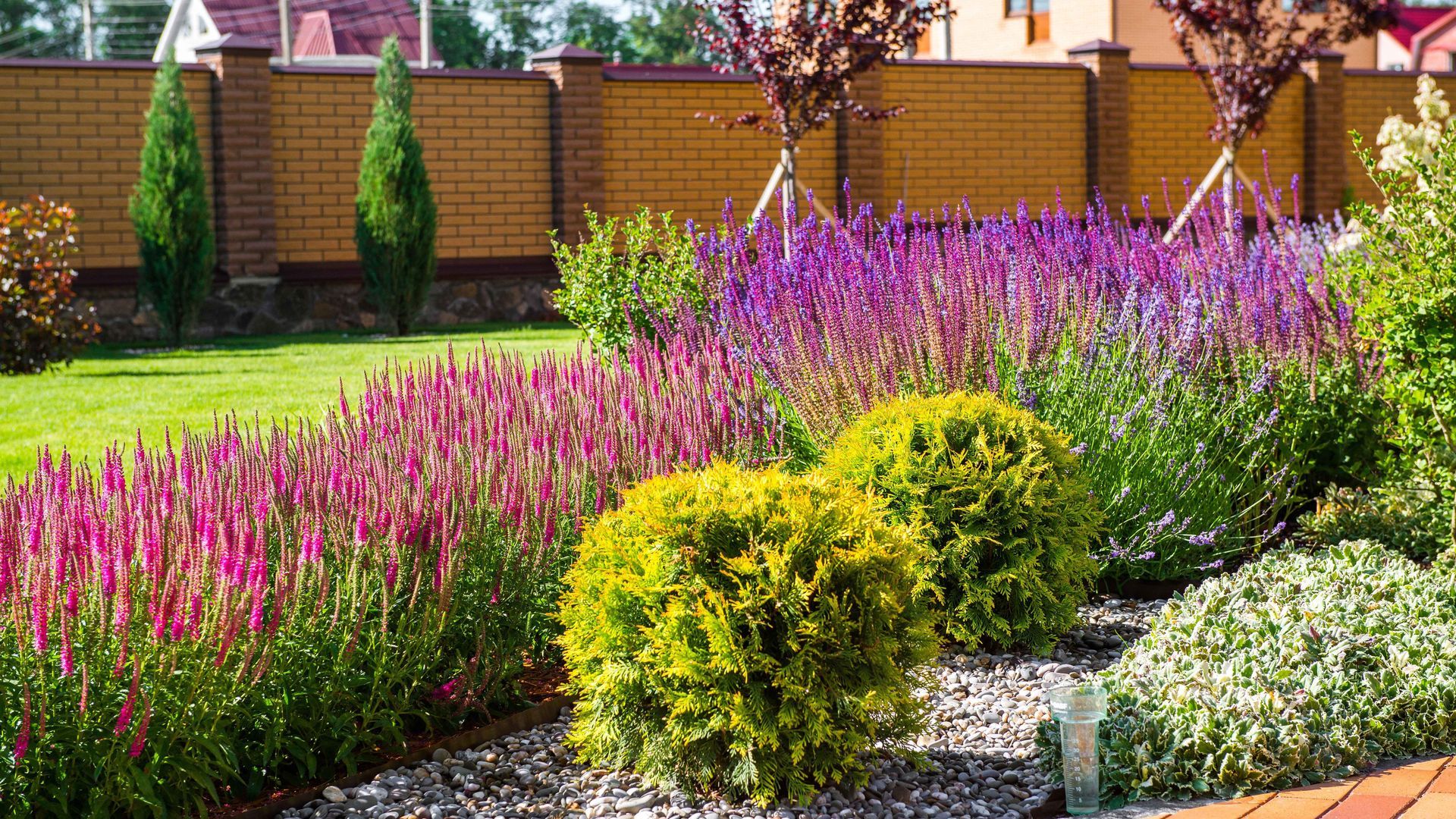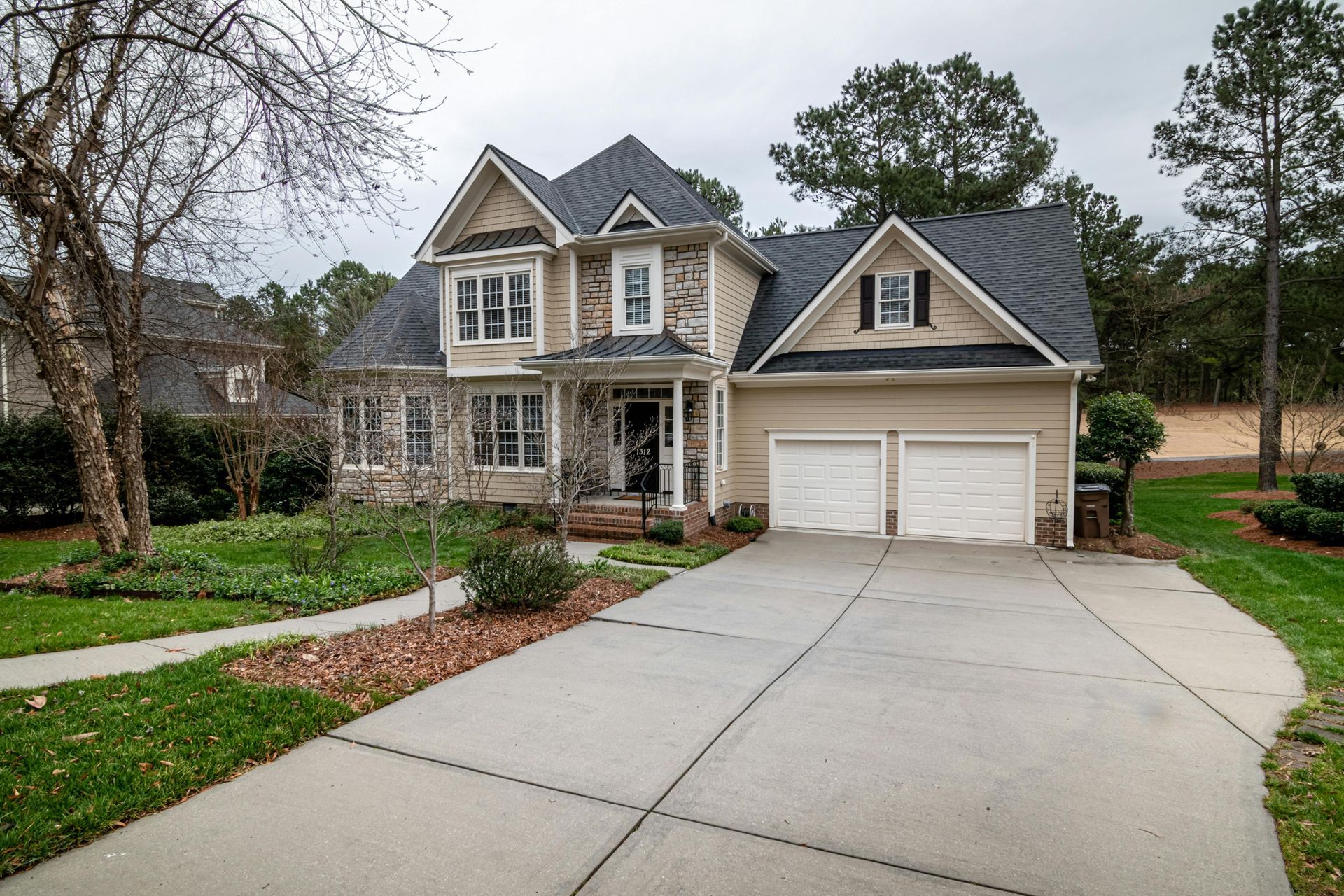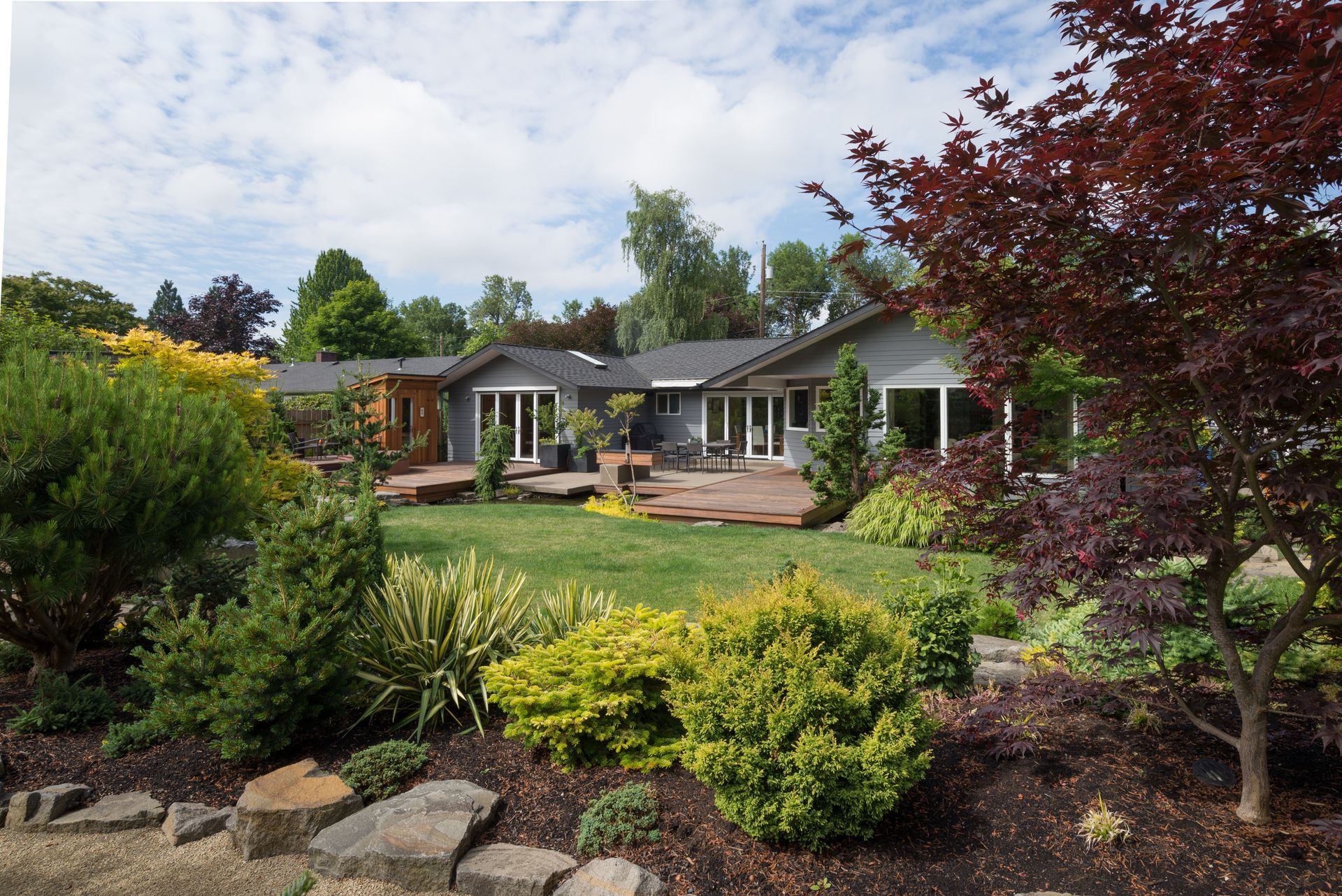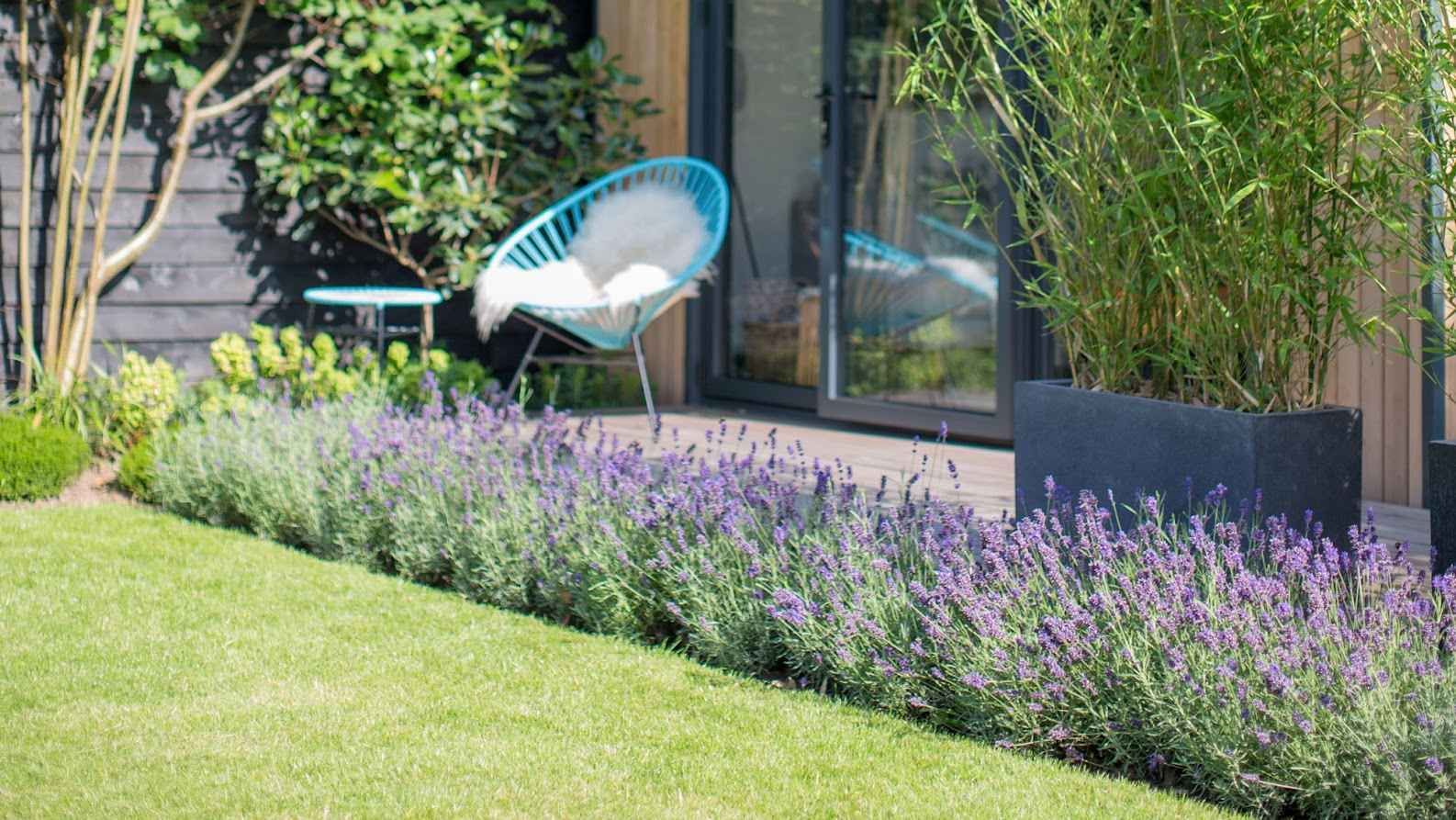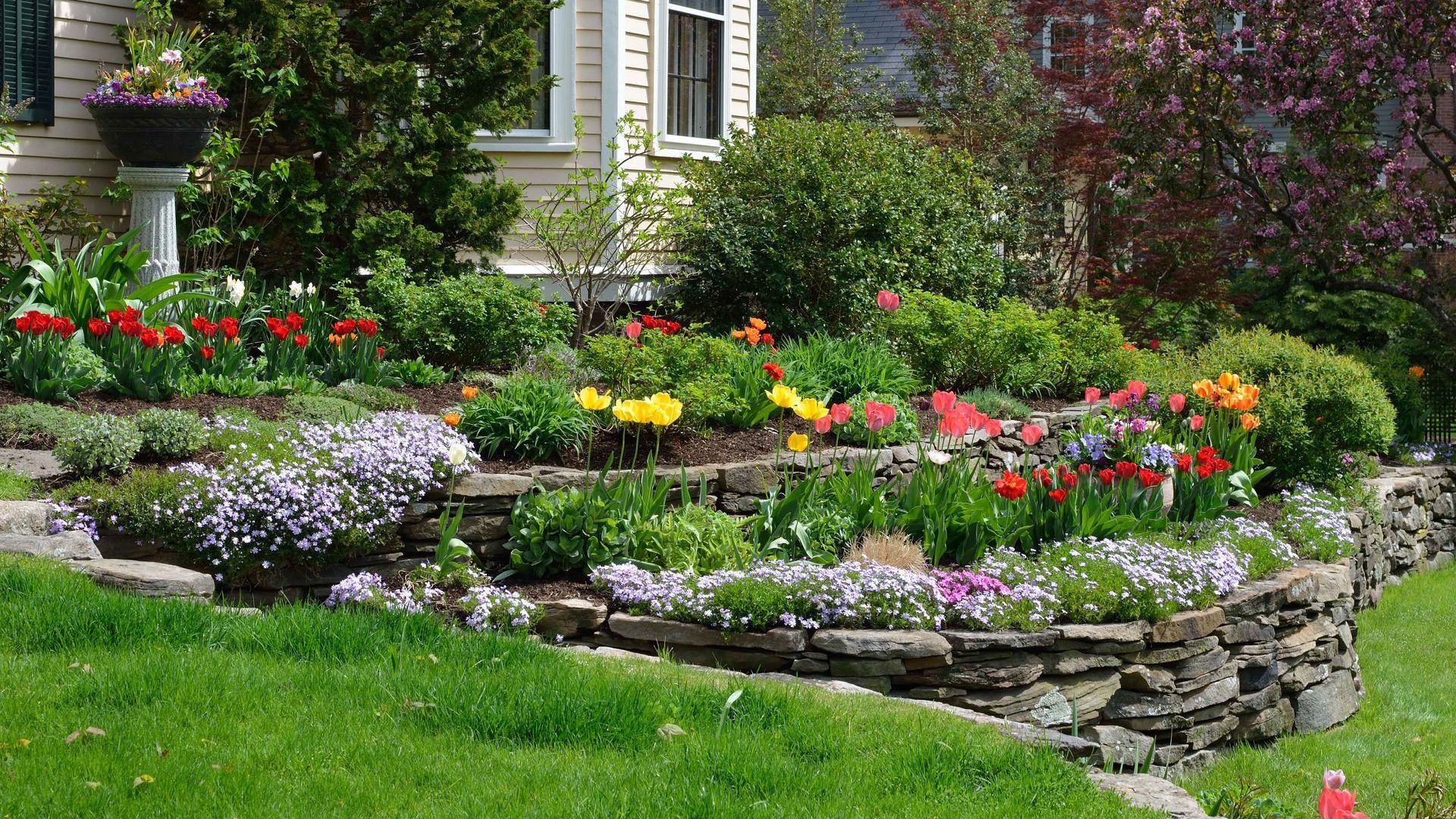
Struggling with a Sloped Yard? Retaining Wall Solutions That Work
A sloped yard can feel like a landscaping nightmare—soil erosion, flooding, and wasted space can make it difficult to enjoy or maintain your outdoor area. But don’t worry! Retaining walls are here to save the day.
These versatile structures not only combat the challenges of uneven terrain but also add style and functionality to your yard. In this guide, we’ll explore why retaining walls are the perfect solution for sloped yards and how to make the most of them in your Louisville home.
Why Retaining Walls Are Essential for Sloped Yards
Retaining walls are designed to hold back soil and prevent it from sliding downhill. They create flat, usable spaces while solving common issues like:
- 🌧️ Soil Erosion: Prevent soil from washing away during heavy rains.
- 🏡 Wasted Space: Transform unusable slopes into level areas for gardens, patios, or play zones.
- 💧 Poor Drainage: Redirect water flow to avoid flooding and pooling in low areas.
- 🌿 Aesthetic Appeal: Add structure and style to your yard with beautiful stone or concrete designs.
Whether you’re dealing with a slight incline or a steep hill, retaining walls offer both practical and visual benefits.
Top Retaining Wall Solutions for Sloped Yards
Not all retaining walls are created equal. Depending on the slope, soil type, and your design goals, different types of retaining walls may work best. Here are some popular options:
1. Gravity Retaining Walls
These walls rely on their weight to hold back soil. Made from materials like stone, concrete, or brick, gravity walls are ideal for shorter slopes and add a rustic or modern touch to your yard.
- 🧱 Best For: Small to medium slopes.
- 💡 Pro Tip: Use natural stone for a timeless look that blends with your landscape.
2. Segmental Retaining Walls
These interlocking block walls are highly durable and flexible. They can be stacked without mortar, making them cost-effective and easy to install for various slope sizes.
- 🛠️ Best For: Moderate slopes and DIY-friendly projects.
- 💡 Pro Tip: Consider adding drainage pipes behind the wall to prevent water buildup.
3. Cantilevered Retaining Walls
Cantilevered walls use reinforced concrete and an underground base to provide maximum strength. These are perfect for taller or steeper slopes that require extra support.
- 🔧 Best For: Large or steep slopes.
- 💡 Pro Tip: Hire a professional for installation to ensure safety and durability.
4. Terraced Retaining Walls
If your yard has a steep incline, terraced retaining walls can break it into smaller, manageable sections. Each level can serve as a garden bed, walkway, or seating area.
- 🌿 Best For: Maximizing space on steep slopes.
- 💡 Pro Tip: Plant flowers or shrubs in each terrace for a vibrant, layered effect.
Benefits of Retaining Walls for Louisville Homes
Louisville’s unique climate and terrain make retaining walls a valuable addition to any sloped yard. Here’s how they can enhance your property:
- 🌧️ Handles Heavy Rainfall: Prevents erosion and manages water runoff during Kentucky’s frequent storms.
- 🏡 Boosts Curb Appeal: Adds a polished, professional look to your outdoor space.
- 🌳 Increases Usable Space: Creates flat areas for gardens, patios, or entertaining zones.
- 💰 Raises Property Value: Functional, well-designed retaining walls can increase the resale value of your home.
How to Get Started with Retaining Walls
Here’s how to plan your retaining wall project for success:
- 📋 Assess Your Yard: Identify the slope’s severity, soil type, and drainage needs.
- 🛠️ Choose Materials: Decide between stone, concrete, brick, or wood based on your budget and design preferences.
- 🌿 Incorporate Landscaping: Pair your wall with greenery, flowers, or mulch for a cohesive look.
- 🔧 Hire Professionals: For large or complex walls, work with a trusted hardscaping team to ensure long-lasting results.
FAQs
- How much does it cost to build a retaining wall in Louisville?
- Costs vary based on materials and size, but most retaining walls range from $20-$75 per square foot.
- Do I need a permit for a retaining wall?
- In Louisville, you may need a permit for walls over a certain height. Check local regulations or consult your contractor.
- Can retaining walls help with flooding?
- Yes, retaining walls can redirect water and prevent flooding by improving drainage in your yard.


